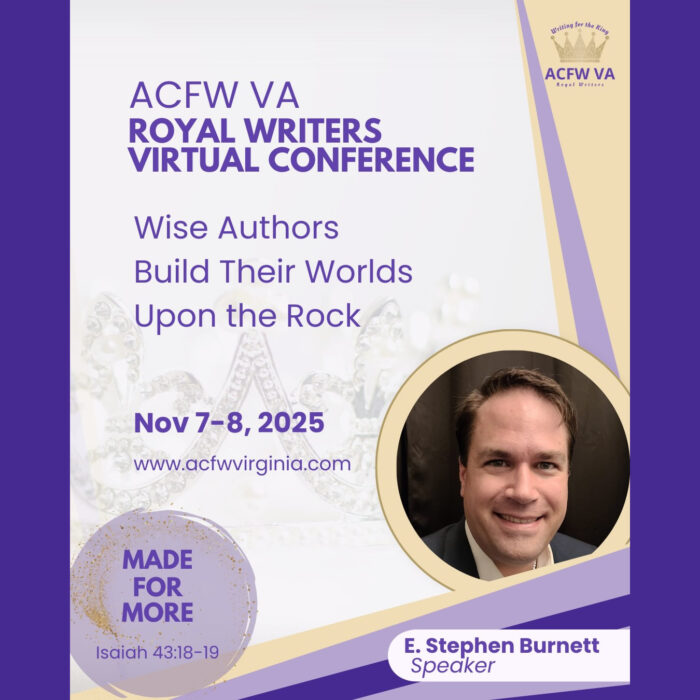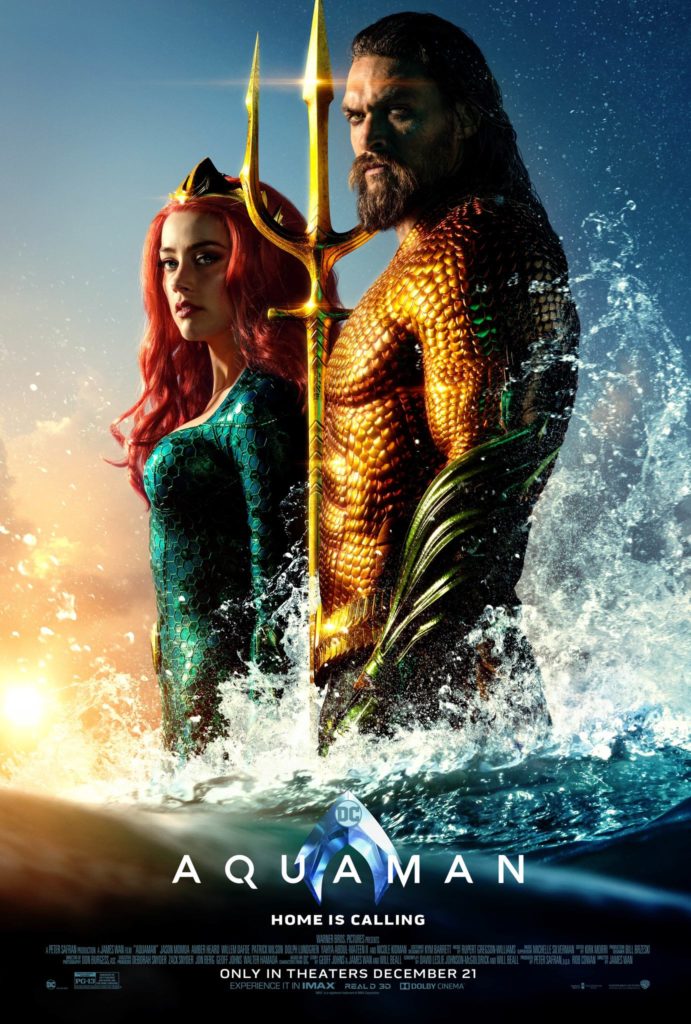Aquaman Isn’t Simply ‘Big Dumb Fun,’ So Why Do Critics Claim It Is?
Last night my wife and I re-viewed DC’s latest superhero film, Aquaman.
If I write a review, I’ll likely describe the film as a subversively positive, fun, yet sincere journey into an underwater fairy tale.
But I won’t describe the movie as “(big) dumb fun”1 or “cheesy.”2 As have many Aquaman viewers, who are (at least) trying to praise the movie.
Yes, the movie features plenty of splash and spectacle. It revels in Arthur Curry’s (Jason Mamoa) over-the-top personality. It pauses for lengthy explanations of this fantastic world and backstory. Heroes and villains bellow out their motivations as if they were in an anime.
Director James Wan also constantly draws your attention to surprise! explosions. He loves to show in-your-face, meme-worthy visuals. These include dragon-esque sea horses, armies of crab men, and sharks clad in Atlantean armor. Parts of the film also seem custom-designed to challenge the old “Aquaman has lame powers” pop-culture mythology.
Aquaman is big, but it’s not dumb.
It’s fun. And, admittedly, it’s more accessible to audiences than the earlier DC films Man of Steel and Batman v Superman: Dawn of Justice.3
But Aquaman is not “cheesy.”
Define ‘cheesy’
Most people, when they hear “cheesy,” think about low quality. They think of poorly made Christian movies, in which characters don’t speak or act like they’re in any place resembling the real world. Or they think of formulaic Hallmark movies for Christmastime.
Aquaman doesn’t qualify for any of those. The movie is well-made and makes its aesthetic choices by design, not by accident. And where it follows any “formula,” this is simply the classic hero’s journey played underwater.
Only if you believe the superhero genre is intrinsically cheesy would you apply this label to Aquaman. But then, why apply the label at all?
Which also leads to my question of why people, with good intentions, call Aquaman “(big) dumb fun” or “cheesy.”
We can’t speculate on motives. Nor would I endorse any kind of fan-rivalry, “Marvel vs. DC” style of approach here.
Instead, I can’t help but speculate that certain critics, even while they mean well, associate sincerity with “cheese.” Aquaman is nothing if not sincere, and, like Wonder Woman, Batman v Superman, and Man of Steel, there’s not a drop of real cynicism in its story.4
Unabashed sincerity does not equal ‘cheesiness’
Interestingly enough, all three leading DC creators have defended their sincere approach. Of these, only Zack Snyder has taken an overtly “nobledark” approach, which deconstructed two DC heroes (Superman and Batman) on the way to a brighter future. Since then, Wonder Woman director Patty Jenkins and Aquaman‘s James Wan have made good on that (often ignored) promise. They share Snyder’s sincere approach, yet they get to rebuild their stars as flawed yet truly good, non-subverted heroine and hero.
This isn’t speculation about the creators’ intentions. Wan himself states this was his approach. He seems to dislike even backhanded praise that his stories are “cheesy”:
I tell people, go all the way back and look at my horror film. Go look at The Conjuring, right? I’m not afraid to go romantic and sentimental with my characters, Ed and Lorraine have such a sentimental relationship. Especially for a movie like this, that is a classic story about a sailor who falls in love with a mermaid, everything about it has such a romantic, nautical theme to it, I felt like it was the right thing or us to do.
And of course, Steven Spielberg is one of my idols, and he’s one guy who is not afraid to be sentimental in his films. So I thought you know what, there’s nothing wrong with that. And I don’t care if people think it’s cheesy or too sentimental. It is who I am, and that’s the only way I know how to make my films: be true to myself.5
But it’s actually Wonder Woman director Patty Jenkins who says it best. When that film released, a New York Times reporter asked Jenkins, “This may be a cheesy question, but what do you want people to take away from this movie?” Jenkins’ reply strikes exactly the joyous, even “swashbuckling” tone that any Christian ought to have when defending sincerity and virtue in our stories:
Did you say cheesy? Cheesy is one of the words banned in my world. I’m tired of sincerity being something we have to be afraid of doing. It’s been like that for 20 years, that the entertainment and art world has shied away from sincerity, real sincerity, because they feel they have to wink at the audience because that’s what the kids like. We have to do the real stories now. The world is in crisis.
I wanted to tell a story about a hero who believes in love, who is filled with love, who believes in change and the betterment of mankind. I believe in it. It’s terrible when it makes so many artists afraid to be sincere and truthful and emotional, and relegates them to the too-cool-for-school department. Art is supposed to bring beauty to the world.6
- See this example review. ↩
- See this example from The Hollywood Reporter, although this writer (I think rightly) wants to define the term positively. ↩
- See our Badfan v Superman series on Speculative Faith for some exploration of negative fan myths about those films. ↩
- Some readers may object to my insistence that Man of Steel and Batman v Superman are actually not cynical. But I continue to make this defense. The common line that these stories are “grim and gritty” simply ignores the originally planned, positive direction to which both these films was always meant to lead. The meta-storyline, as originally envisioned by director Zack Snyder, is not “grimdark,” but rather, “nobledark.” Of course, this vision isn’t to every fan’s liking, and our responses can be subjective. I simply contend that we ought to be more honest about the films’ intentions, and not slander any creators. On this I may say more in a future story. ↩
- Andrew Dyce, “Aquaman Director Doesn’t Care If It Feels ‘Cheesy’,” Dec. 28, 2018, ScreenRant.com. ↩
- Cara Buckley, “The Woman Behind Wonder Woman,” New York Times, June 1, 2017. ↩













I totally agree with you on the Nobledark descriptor for MOS and BVS. I haven’t seen Aquaman yet, but the fact that you found some depth in it (pun?) Is encouraging to me.
I loved it. Glad to hear someone else liked it.
[…] Writing A Bad Review Of ‘Aquaman.’” She didn’t like the movie, not even as “big dumb fun,” and wrote a review saying […]
[…] DC hit its stride with Wonder Woman, Aquaman, and Shazam. None of these has a bit of cynicism, and two of the directors even explicitly said so! Yet these films worked better as crowd-pleasers. They bridged the expectations gap. Now, people […]